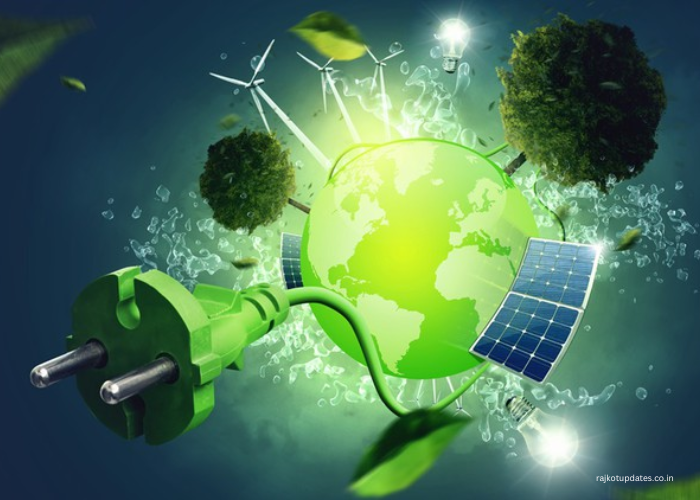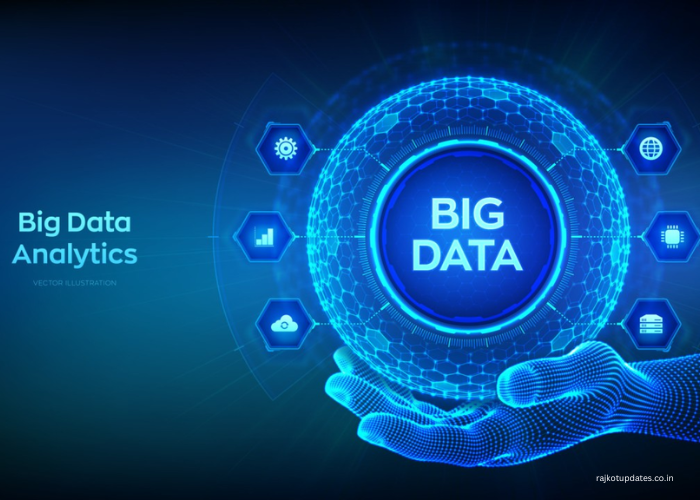In an era marked by unprecedented environmental challenges, the quest for sustainable tech solutions has become paramount. As global awareness of climate change and ecological degradation intensifies, technology stands at the forefront of efforts to foster a greener planet. This article explores how innovative technological advancements are driving sustainability, highlighting key solutions that are reshaping industries and everyday life for a more eco-friendly future.
The Imperative for Sustainable Technology
The urgency of addressing climate change has never been clearer. Rising temperatures, shrinking ice caps, and erratic weather patterns are just a few indicators of a planet in distress. Traditional methods of production and consumption contribute significantly to carbon emissions and environmental degradation. As such, there is an imperative need for technologies that not only mitigate environmental impact but actively promote the health of our planet.
Sustainable tech solutions represent a paradigm shift towards integrating eco-friendly practices into the core of technological development. These solutions span various sectors, including energy, transportation, agriculture, and manufacturing, offering transformative approaches to reduce carbon footprints and enhance resource efficiency.
Renewable Energy Technologies
Renewable energy technologies are at the heart of sustainable solutions. Solar, wind, hydro, and geothermal power are revolutionizing how we generate and consume energy. Solar photovoltaic (PV) panels, for instance, convert sunlight directly into electricity, offering a clean and inexhaustible energy source. Advances in solar technology, such as higher efficiency panels and improved storage solutions, are making solar power more accessible and affordable.
Wind energy, harnessed through wind turbines, is another critical player in the renewable energy landscape. Modern wind farms are increasingly efficient, with advanced turbine designs and smart grid integration enhancing their capacity to provide clean power. Offshore wind farms, in particular, are gaining traction due to their ability to capture higher and more consistent wind speeds.
Hydropower remains a reliable and mature technology, generating electricity through the flow of water. Innovations in small-scale hydro systems and run-of-river projects are reducing environmental impacts compared to traditional large-scale dams. Similarly, geothermal energy utilizes the Earth’s internal heat to produce electricity and provide heating, offering a stable and low-emission energy source.
Green Transportation Technologies
Transportation is a major contributor to greenhouse gas emissions, but technological advancements are driving a shift towards greener alternatives. Electric vehicles (EVs) are leading the charge, offering a cleaner alternative to fossil fuel-powered cars. Improvements in battery technology, including longer ranges and faster charging times, are making EVs more practical and appealing to consumers.
Public transportation systems are also undergoing significant upgrades. Electrification of buses and trains, along with the development of hydrogen fuel cell technologies, are reducing emissions and enhancing the efficiency of public transit networks. Additionally, smart transportation solutions, such as traffic management systems and ride-sharing platforms, are optimizing transportation efficiency and reducing the environmental impact of travel.
Sustainable Agriculture Technologies
Agriculture is another critical area where sustainable technology is making a difference. Precision agriculture utilizes data analytics, sensors, and GPS technology to optimize the use of resources such as water, fertilizers, and pesticides. This approach minimizes waste, reduces environmental impact, and increases crop yields.
Vertical farming and hydroponics are innovative methods that allow for high-density crop production with minimal land use. These technologies are particularly valuable in urban areas, where space is limited, and they can be integrated into existing infrastructure, such as rooftops and warehouses.
Additionally, advancements in sustainable food production, such as lab-grown meat and plant-based protein alternatives, are reducing the environmental footprint of traditional animal farming. These solutions address issues related to land use, water consumption, and greenhouse gas emissions associated with conventional livestock production.
Eco-Friendly Manufacturing Technologies
Manufacturing processes are evolving to incorporate sustainability principles. Green manufacturing focuses on reducing waste, improving energy efficiency, and utilizing sustainable materials. Techniques such as lean manufacturing and circular economy principles are minimizing the environmental impact of production by emphasizing resource efficiency and waste reduction.
3D printing, or additive manufacturing, is revolutionizing production by enabling on-demand, localized manufacturing. This reduces the need for large-scale production and transportation, lowering carbon emissions associated with these activities. Furthermore, the use of recycled and biodegradable materials in 3D printing is contributing to a more sustainable manufacturing process.
The Role of Artificial Intelligence and Big Data
Artificial Intelligence (AI) and big data are playing crucial roles in advancing sustainability. AI algorithms analyze vast amounts of data to optimize resource use, predict environmental impacts, and improve decision-making across various sectors. For instance, AI-driven systems are enhancing energy management in smart grids, predicting equipment failures in industrial processes, and optimizing supply chain logistics to reduce waste.
Big data analytics also facilitate more accurate environmental monitoring and forecasting. Satellite imagery, combined with data analytics, provides valuable insights into deforestation, air quality, and climate patterns. These insights enable more effective policy-making and environmental management strategies.
Challenges and Future Directions
Despite the promising advancements, several challenges remain in the pursuit of sustainable tech solutions. High initial costs, technological barriers, and regulatory hurdles can impede the widespread adoption of green technologies. Additionally, ensuring that these technologies are accessible and equitable is crucial to achieving global sustainability goals.
Future directions in sustainable technology will likely focus on enhancing the efficiency and affordability of existing solutions while continuing to innovate across various sectors. Collaboration between governments, businesses, and research institutions will be essential to drive progress and overcome barriers to adoption.
ConclTech Solutionssion
Sustainable tech solutions are essential to creating a greener planet. From renewable energy and green transportation to sustainable agriculture and eco-friendly manufacturing, technological advancements are paving the way for a more environmentally responsible future. As we navigate the challenges of climate change and resource depletion, continued innovation and commitment to sustainability will be critical in achieving a harmonious balance between technological progress and environmental stewardship. By embracing these solutions, we can forge a path towards a more sustainable and resilient planet for future generations.



